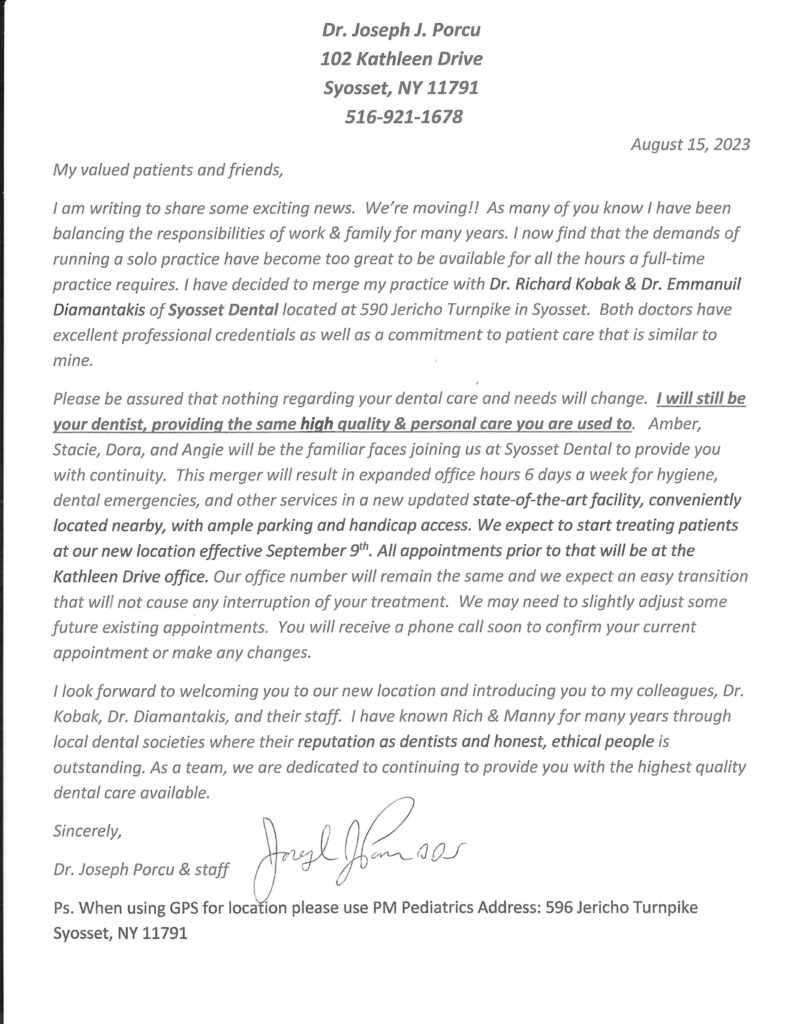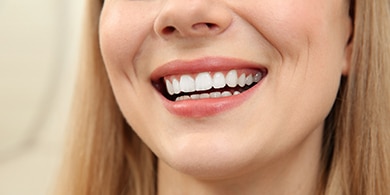 Unfortunately, we can lose teeth to gum disease, decay, or facial injury. Lost teeth directly affects how you speak, chew, and how confident you are. In addition to the benefits of restoring your tooth (or teeth), you can also prevent your face from changing shape and your teeth from shifting to fill the current gaps in your mouth. If your teeth shift, your bite will most likely be affected and become misaligned – which could potentially lead to a whole other set of problems. Are you wondering what happens after you lose teeth? Well, the answer is up to you – what are you going to do?
Unfortunately, we can lose teeth to gum disease, decay, or facial injury. Lost teeth directly affects how you speak, chew, and how confident you are. In addition to the benefits of restoring your tooth (or teeth), you can also prevent your face from changing shape and your teeth from shifting to fill the current gaps in your mouth. If your teeth shift, your bite will most likely be affected and become misaligned – which could potentially lead to a whole other set of problems. Are you wondering what happens after you lose teeth? Well, the answer is up to you – what are you going to do?
Preventive Options
If you haven’t lost your teeth completely yet, but feel that you may be on your way there soon – don’t worry, hope isn’t lost yet! Your dentist may be able to save your tooth using guided tissue regeneration or guided bone regeneration. In these cases, you will have lost a significant amount of tissue or bone and your dentist will graft from other areas of your mouth, or use synthetic replacements, in order to rebuild the structure around your tooth (helping it to stay intact).
Restoration Options
If you’ve already lost your tooth and need to find a way to replace it, there are several options that could benefit your mouth depending on your situation. If you are looking to replace one tooth, dental implants may be for you, although they are not only for singular teeth, you can get multiple implants across your mouth. With implants, though, you need to have enough bone for them to physically fuse with in order to maintain proper stability.
Other options that may help you are; full or partial dentures and dental bridges. Bridges can be used in collaboration with implants if you’re missing multiple teeth in a row. While dentures can replace an entire mouth of lost teeth and are being made to be much more comfortable nowadays.
Now, the choice is yours – how are you going to replace your lost teeth?











